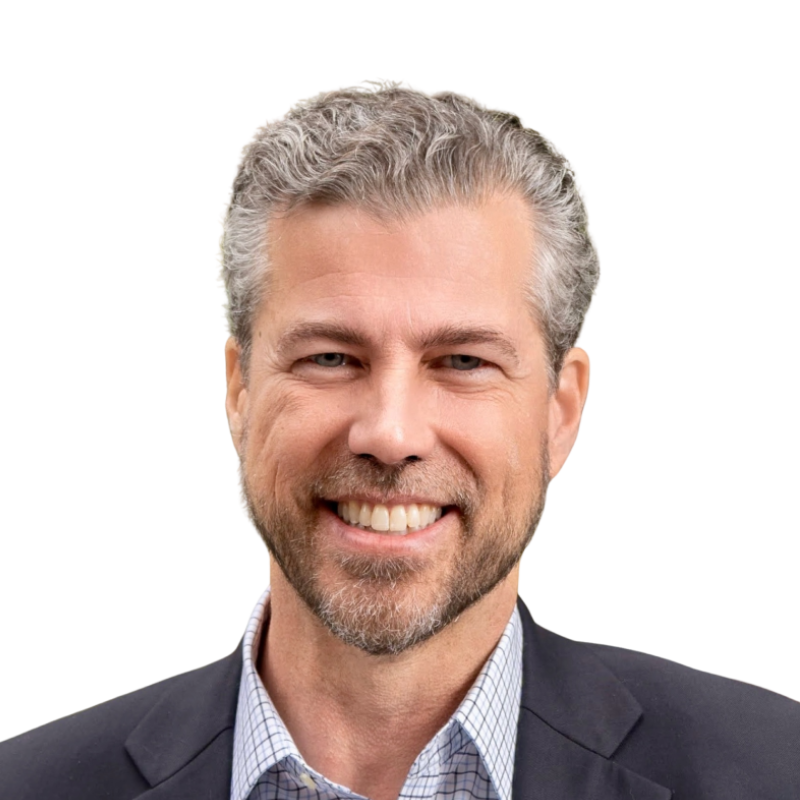Show Notes
Part 3 of our four-part series with Darren Cooke, Interim Chief Innovation & Entrepreneurship Officer and Executive Director of the Life Sciences Entrepreneurship Center at the University of California, Berkeley.
Darren shares with us how he’s navigated the fast-changing world of financial advice by embracing regulatory shifts, championing innovation, and building trust through integrity and open communication.
Key topics covered:
- Adapting to new regulatory rules and compliance
- Building and maintaining relationship credibility
- Challenging your routines to promote professional growth
- Staying ahead of the game with smarter tools
- Prioritizing resilience and empathy
Prefer video? Watch the full episode on YouTube:
Resources & Articles
- The Psychology of Money by Morgan Housel: https://www.goodreads.com/book/show/41881472-the-psychology-of-money
- Thinking, Fast and Slow by Daniel Kahneman: https://www.goodreads.com/book/show/11468377-thinking-fast-and-slow
- The Innovator’s Dilemma by Clayton Christensen: https://www.goodreads.com/book/show/26160019-the-innovator-s-dilemma
- (FCA) Guidance Papers: https://www.fca.org.uk/publications
- TRAP: https://podcasts.apple.com/gb/podcast/trap-the-real-adviser-podcast/id1648027651
- Startup Campus (How UC Berkeley became a leader in entrepreneurship) https://a.co/d/5pCg83q
Organizations & People
- UC Berkeley: https://www.berkeley.edu/
- Genentech: https://www.gene.com/
- NSF I-Corps (National Science Foundation I-Corps): https://www.nsf.gov/news/special_reports/i-corps/
- Haas School of Business (UC Berkeley Haas): https://haas.berkeley.edu/
- Errol Arkilic: https://www.linkedin.com/in/errol-arkilic-350b8/
- Rhonda Schrader: https://www.linkedin.com/in/rhondashrader/




